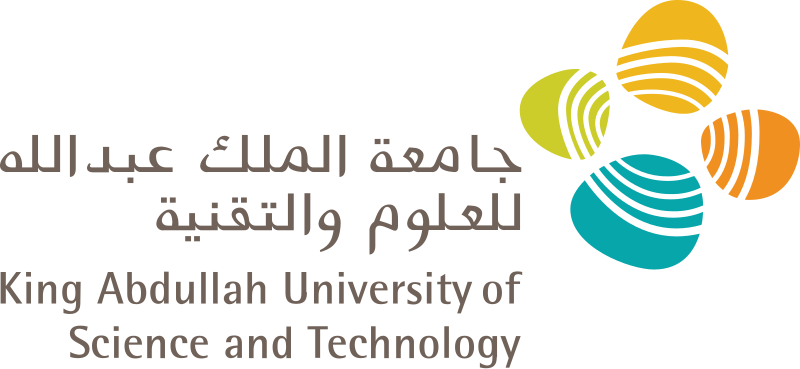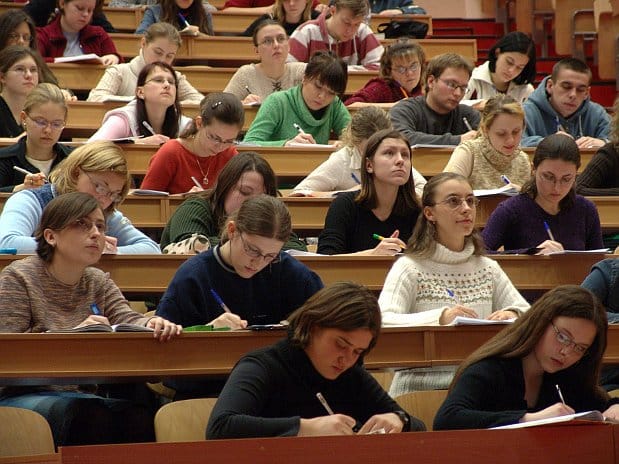
Applying to KAUST - Your Complete Guide for Masters & Ph.D. Programs (Upcoming Admissions)
Admissions Overview & Key Requirements

The National Council of the Slovak Republic approved a new Higher Education Act, introducing a wide range of reforms aimed at increasing flexibility for students, improving the attractiveness of academic careers, and strengthening the digitalization of university processes.
Under the new law, students will be able to combine different forms of education and receive credits from alternative learning paths, such as short study programs, micro-credentials, or non-formal education. Universities will also allow students to choose between completing a final internship or writing a thesis, depending on the nature of their study program.
For university teachers, the act introduces several measures to enhance the appeal of the academic profession, including the possibility of long-term contracts up to the age of 70 after nine years in a teaching position, and the implementation of a six-month sabbatical every seven years for scientific or artistic work and professional development.
The legislation also encourages the use of Artificial Intelligence as a responsible educational tool, with a requirement for students to disclose its use in their work. Two AI competence centers will be established at the Slovak University of Technology in Bratislava and the Technical University of Košice.
The act also introduces new safeguards for academic integrity and safety, allowing universities to expel students for serious disciplinary violations or endangerment of others. Support systems such as student mentoring and tutoring (“buddy systems”) will become mandatory to facilitate the integration of new students into the university environment.
Changes also affect the Slovak Accreditation Agency, replacing nominations with open selection procedures, and ensuring that two student representatives sit on its executive board in line with European standards.
Additionally, the law defines protections for intellectual property created by university or the Slovak Academy of Sciences employees, ensuring that their authorship is legally recognized.
Share

Applying to KAUST - Your Complete Guide for Masters & Ph.D. Programs (Upcoming Admissions)
Admissions Overview & Key Requirements

Registration Opens for SAF 2025: International STEAM Azerbaijan Festival Welcomes Global Youth
The International STEAM Azerbaijan Festival (SAF) has officially opened registration for its 2025 edition!

An mRNA cancer vaccine may offer long-term protection
A small clinical trial suggests the treatment could help keep pancreatic cancer from returning

Young Leaders Union Conference 2025 in Paris (Fully Funded)
Join Global Changemakers in Paris! Fully Funded International Conference for Students, Professionals, and Social Leaders from All Nationalities and Fields

Yer yürəsinin daxili nüvəsində struktur dəyişiklikləri aşkar edilib
bu nəzəriyyənin doğru olmadığı məlum olub. Seismik dalğalar vasitəsilə aparılan tədqiqatda daxili nüvənin səthindəki dəyişikliklərə dair qeyri-adi məlumatlar əldə edilib.

Lester B Pearson Scholarship 2026 in Canada (Fully Funded)
Applications are now open for the Lester B Pearson Scholarship 2026 at the University of Toronto!